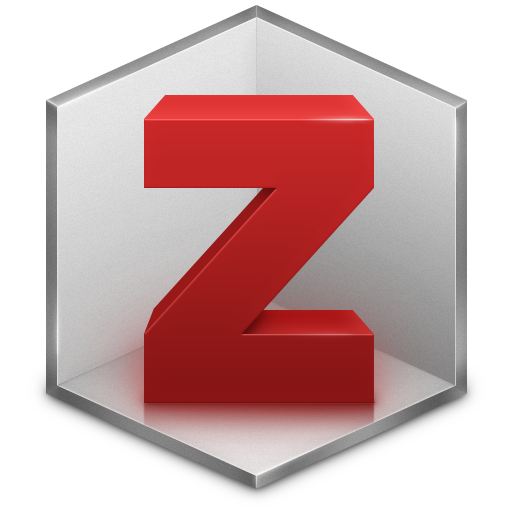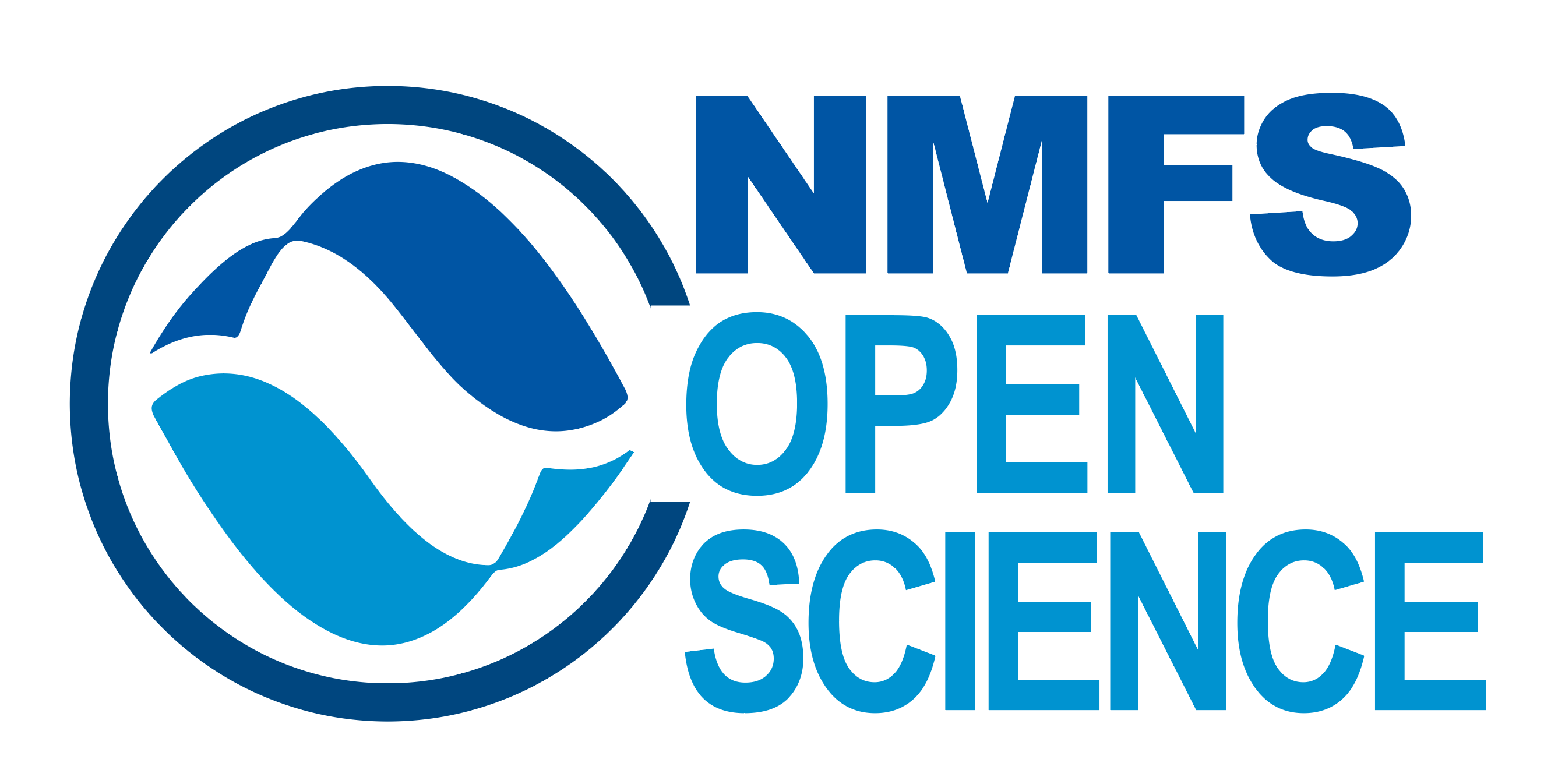Zotero

Zotero is an open-source online reference manager, where references can be readily saved from Google scholar using a browser plugin.
Getting started
Download Zotero to your computer
Install Zotero Connector to create a browser plugin so that you can directly save google scholar citations to your online reference list
Link Rstudio to your Zotero library
Adding Citations to Zotero
Add via Google Scholar
Find article on Google Scholar, click on double quotes at bottom of citation
Select ‘RefMan’ and OK to save to Zotero
Add citation to the NMFS-PAM group
Add via Browser Plug-In
- Open Zotero on your coputer
- Go to publication website
- Click on the Zotero browser icon (top right of browser) and save to selected Zotero folder
Zotero Group Libraries
Group libraries are a means of crowd-sourcing literature on specific topics. Here we suggest how to create a new group library, and how to join/participate in an existing group library.
How to Join Existing Group Libraray
To find an existing group library, you can search on Zotero.
If you are interested in Acoustics specific libraries, you can use the ‘reference’ tag within Bioacoustics Stack Exchange.
Click the red ‘Join’ button to add the library to your account
Create a New Zotero Group Library
Once Zotero is installed on your computer and you have a Zotero account, navigate to the Zotero Groups and select “Create New Group”
If you intend to make this a publicly accessible Zotero Group, select and save the following settings
Group Type = “Public Open”
Library Reading = “Anyone on the internet”
Library Editing = “Any group members”
File Editing = “No group file storage”
Zotero and RStudio
You can integrate Zotero directly to your Quarto/RMarkdown document in RStudio, or to your Microsoft Word document. Here are some basics for using in Quarto/RMarkdown
Choose CSL: Citation Style Language
Use Zotero to download the csl file for the journal you want to use.
Go to the Zotero Preferences menu (Zotero > Preferences on Mac, Edit > Preferences on PC)
Click on the ‘Cite’ menu
Below the list of pre-installed styles, click the link for ‘Get additional styles’
Search for your desired style in the provided search field
Select the style you want to install
Add CSL to Your yaml
title: "My Document"
bibliography: references.bib
csl: nature.cslExport Zotero Library to Your R Project
- Open Zotero and select a folder/library
- Click File > Export Library…
- Select Format > BibText and save the *.bib file in your R project folder
Add Your References Into the Document
Inline Citation:
Citations are inserted into your document using square brackets and are separated by semicolons. Each citation must have a key, composed of an ‘@’ symbol plus the citation identifier from the database. For example;
[@wickham2015]Bibliography:
A list of works cited will be automatically generated and placed in the document if the style calls for it. You may insert divs such as this;
### References